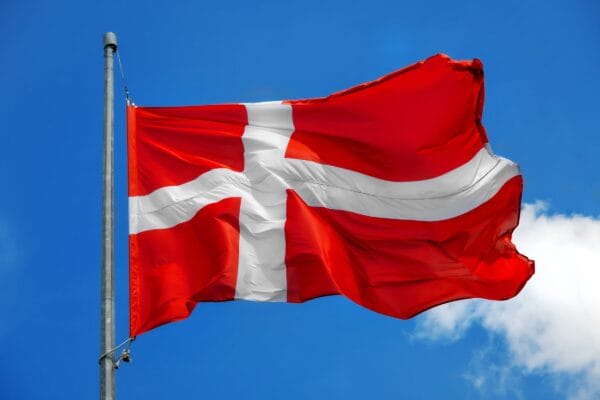- News
- Sanctions regimes
-
-
Select a country or thematic sanctions regime to view a summary of the relevant UK and EU sanctions measures, legislation and news stories
-
-
-

Geographic regimes
-

Thematic regimes
-
-
-
-
Expired regimes
-
-
- Sanctioning states
- Target Search
- Guidance
- Licensing
- Enforcement
- Judgments & arbitration
-
-

Sanctions regimes
-

Sanctioning states
-
-
- Webinars etc

- News
- Sanctions regimes
- Sanctions regimes
- Afghanistan
- Belarus
- BiH
- Burma/Myanmar
- Burundi
- CAR
- China / PRC
- Cuba
- DRC
- Egypt
- Eritrea
- West Bank
- Ethiopia
- Yugoslavia
- Guatemala
- Guinea
- Guinea-Bissau
- Haiti
- Iran
- Iraq
- Lebanon
- Libya
- Mali
- Moldova
- Montenegro
- Nicaragua
- North Korea / DPRK
- Russia
- Serbia
- Somalia
- South Sudan
- Sudan
- Syria
- Tunisia
- Türkiye
- Venezuela
- Yemen
- Zimbabwe
- Terrorism
- Corruption
- Human Rights
- Chemical Weapons & Non-Proliferation
- Cyber attacks
- Hamas & PIJ
- ICC
- Irregular Migration
- Narcotics
- Hostages & wrongfully detained US nationals
- Sanctioning states
- Target Search
- Guidance
- Licensing
- Enforcement
- Judgments & arbitration
- Webinars etc
- Home
- About us
- FAQ
- Contact us
- Login
- Subscribe
- Email digests




